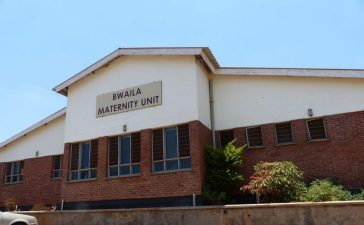True to President Lazarus Chakwera’s declaration that the mining industry has the potential to boost the country’s economy, the Minister of Mining Rashid Gaffar has revealed an ambitious target of growing the mining sector’s contribution to Gross Domestic Product to at least 10 percent in the short to medium terms.
According to Gaffar, the mining sector, which is currently contributing a meager 1 percent to the GDP, has the potential to contribute between 10 and 20 percent to the GDP when all mining projects roll out.
The minister disclosed this in parliament on Monday when he was presenting a ministerial statement.
Gaffar said, among other short-term initiatives, the government would roll out the National Mining Company which is earmarked to facelift operations in the sector.
“The ministry of mining will continue spearheading the establishment of a state-owned mining investment company whose mandate shall be promotion of optimal development of the sector and maximization of national revenue and social benefits.
“However, for this to materialize, the ministry requires K5 billion as initial seed capital to the company. To this effect, the ministry has submitted a funding request to the ministry of finance for consideration,” he said as quoted by Times.
He also said in his Ministerial statement that a mining authority, yet to be established will come to life by the end of the 2022/2023 financial year.
Commenting, mining expert Grain Malunga has commended the government for the move to roll out the National Mining Company, which he said, would facelift the sector.
In May this year, President Chakwera had said, if properly regulated, the mining sector could play a major role in Malawi’s economy, currently one of the poorest in Africa.
He said a well-regulated mining sector had the potential to develop the country’s economy.
Chakwera noted that despite a lot of mineral resources in Malawi, the sector had faced exploitation not only by foreigners but also local miners.
He gave an example of uranium mining activities in the Kayelekera area of northern Malawi, run by Australia-based Company Paladin Africa, which he said did not yield the desired results.













